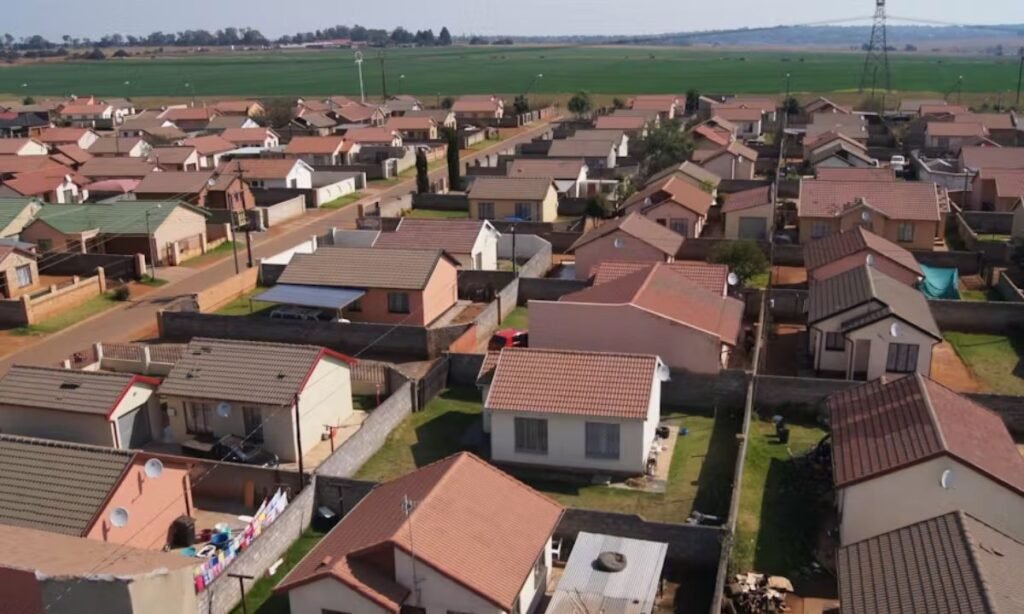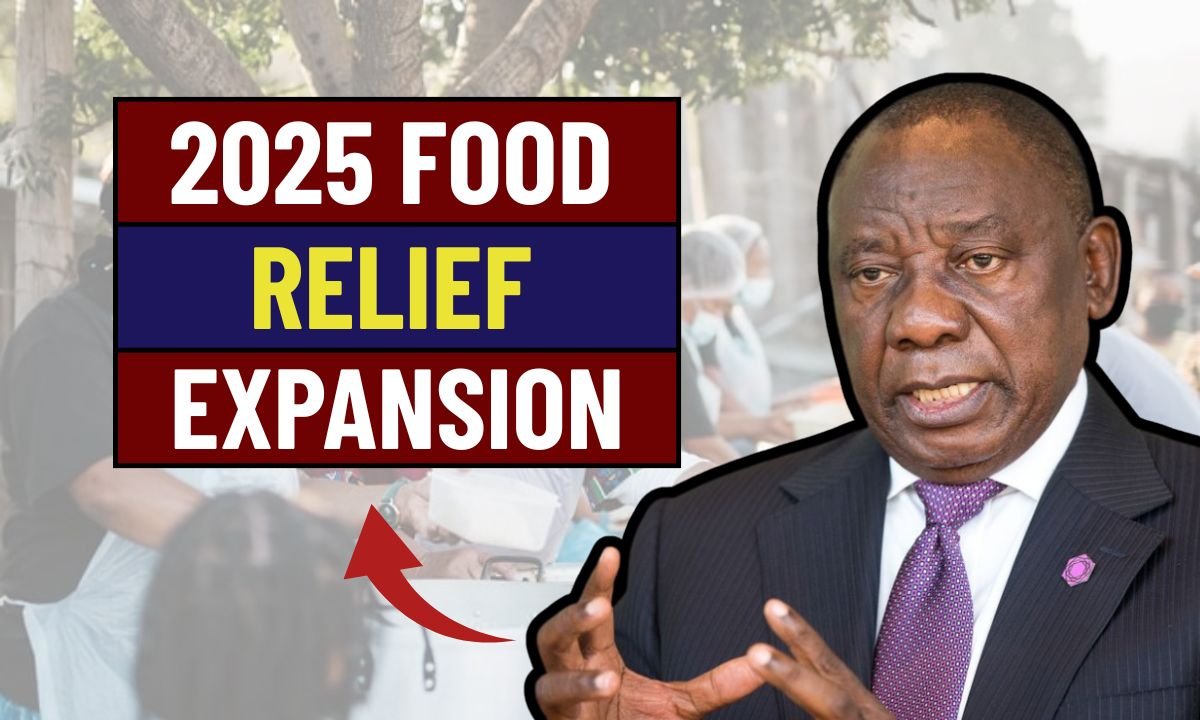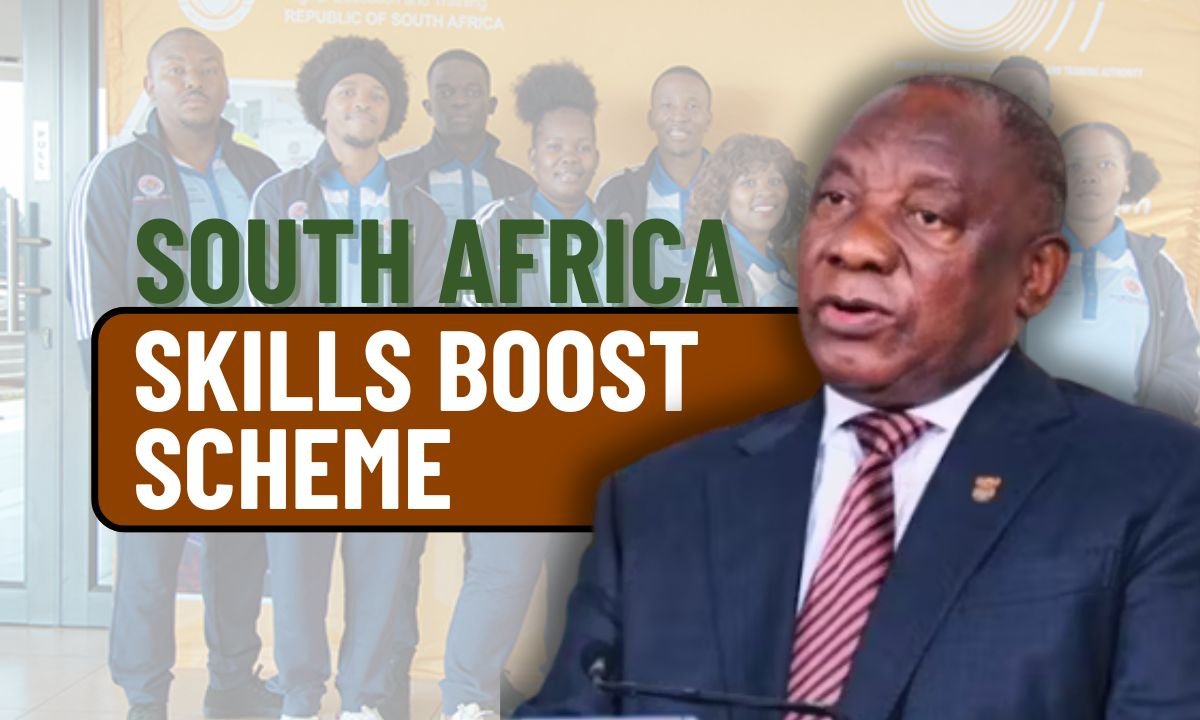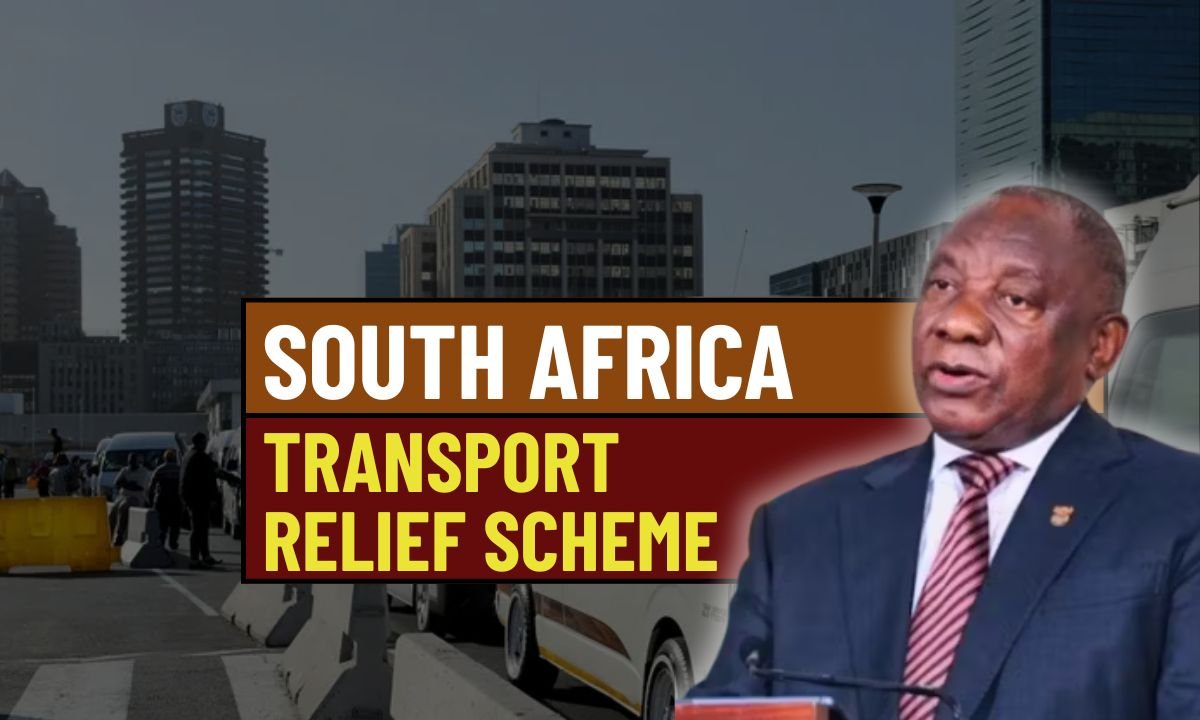In a move that has been described as both timely and necessary, the South African government has unveiled a bold new Household Relief Package aimed at easing financial pressure on struggling families. With inflation continuing to push up the cost of food, transport, and electricity, this initiative is being framed as a direct response to the urgent needs of working-class and low-income households. Announced in June 2025, the package includes a mix of once-off payments, utility bill subsidies, and grocery support measures designed to inject new life into communities feeling the pinch of rising costs.
Table of Contents
Who Will Benefit From This Support and Are You Eligible?
According to the Department of Social Development, the benefits will primarily be extended to families earning below R5,500 per month, with a focus on single-parent households, the unemployed, and people living with disabilities. Unlike some previous relief schemes that required lengthy application processes, this year’s package aims to be more automated and inclusive, with SASSA using its existing database to identify and enroll eligible recipients. Those already receiving child grants or the R350 SRD grant may find themselves automatically eligible for added top-ups under this initiative.
What’s Actually Being Offered to Families?
The standout feature of this relief package is a R1,200 once-off direct payment, scheduled to begin rolling out in mid-July. In addition, the government has confirmed an electricity support credit of R400 to be applied to pre-paid accounts through Eskom and municipal providers for qualifying users. There’s also a partnership with local supermarkets and retailers to provide discount vouchers for essential groceries, which could save households up to R300 monthly. These measures aren’t just about cash handouts they’re structured to lower the cost of living in real-time and help families stretch every rand further.
Why Now? And Could This Become a Regular Thing?

Government officials argue that this package is part of a broader mission to rebuild public trust and deliver tangible outcomes for citizens, especially as South Africa navigates its post-pandemic recovery. Finance Minister Enoch Godongwana noted during the budget briefing that these efforts are intended to create economic breathing room while broader job creation and structural reforms take shape. Analysts suggest that while this package is framed as temporary, its success could shape future welfare policies and potentially evolve into semi-permanent support if it delivers measurable impact.
How Will This Help the Economy as a Whole?
It’s not just families that stand to benefit local businesses, especially in townships and informal markets, are likely to see a ripple effect from increased consumer spending. By easing pressure on household budgets, the package helps stimulate demand in retail, food, and services, thereby supporting microeconomic resilience. The strategy also includes limited business relief in the form of electricity subsidies for small informal traders and early payment schemes for state suppliers, which could inject liquidity into struggling sectors.
What Should South Africans Do Right Now?
If you think you might qualify, ensure your SASSA details are up to date, including banking and mobile contact information. The Department of Social Development will begin SMS notifications from July 10, with funds expected to reflect shortly after. If you’re not currently receiving grants but meet the income criteria, visit your nearest SASSA office or use the online application portal to register interest. While the rollout aims to be seamless, your information must be current to avoid delays. This new package may not solve every financial challenge overnight, but it offers real and immediate help to thousands of South African families. In a year filled with uncertainty, this could be the lifeline many have been hoping for one that puts money in pockets and confidence back into local communities. If you’ve been asking when help will arrive, the answer might be, right now.




